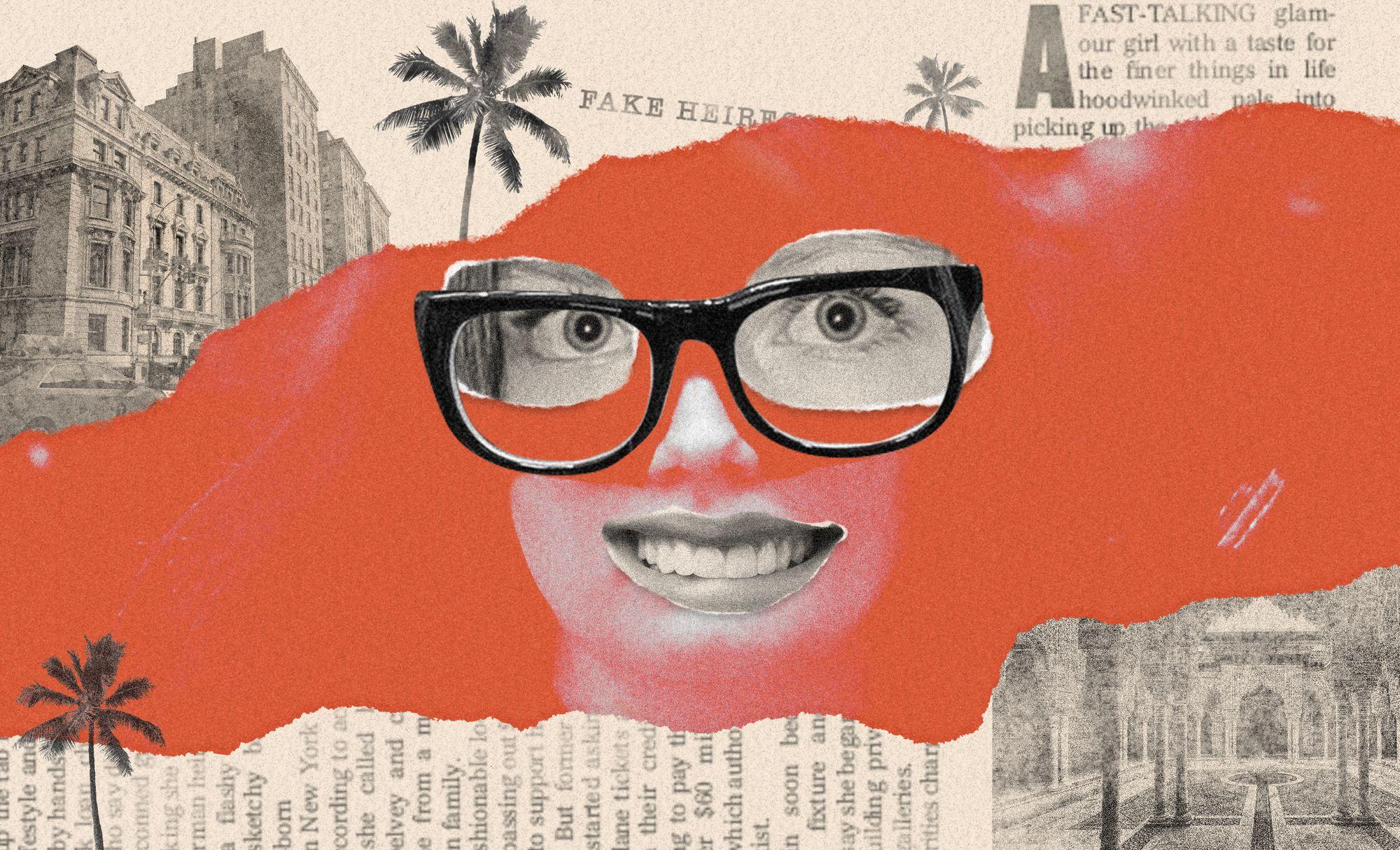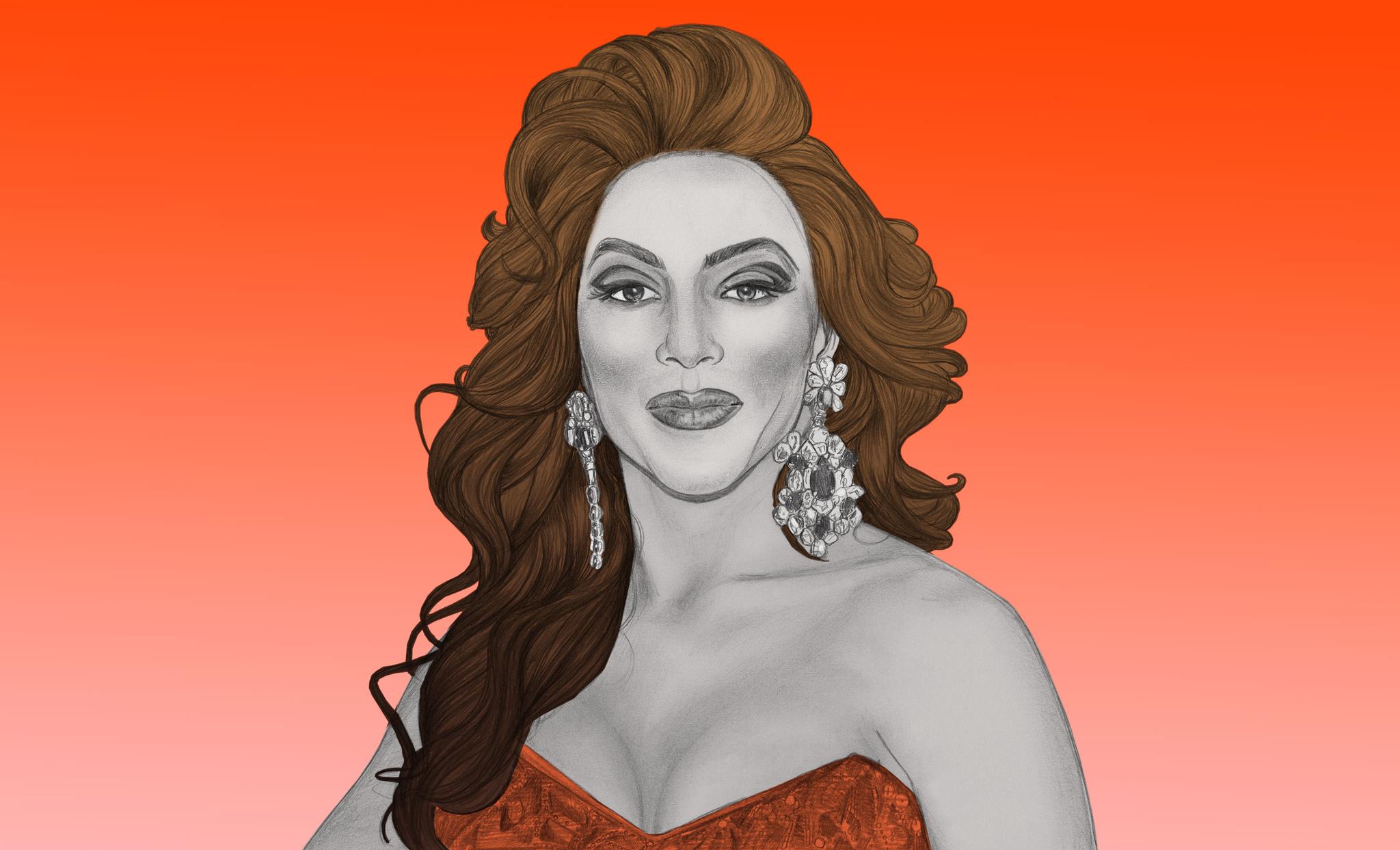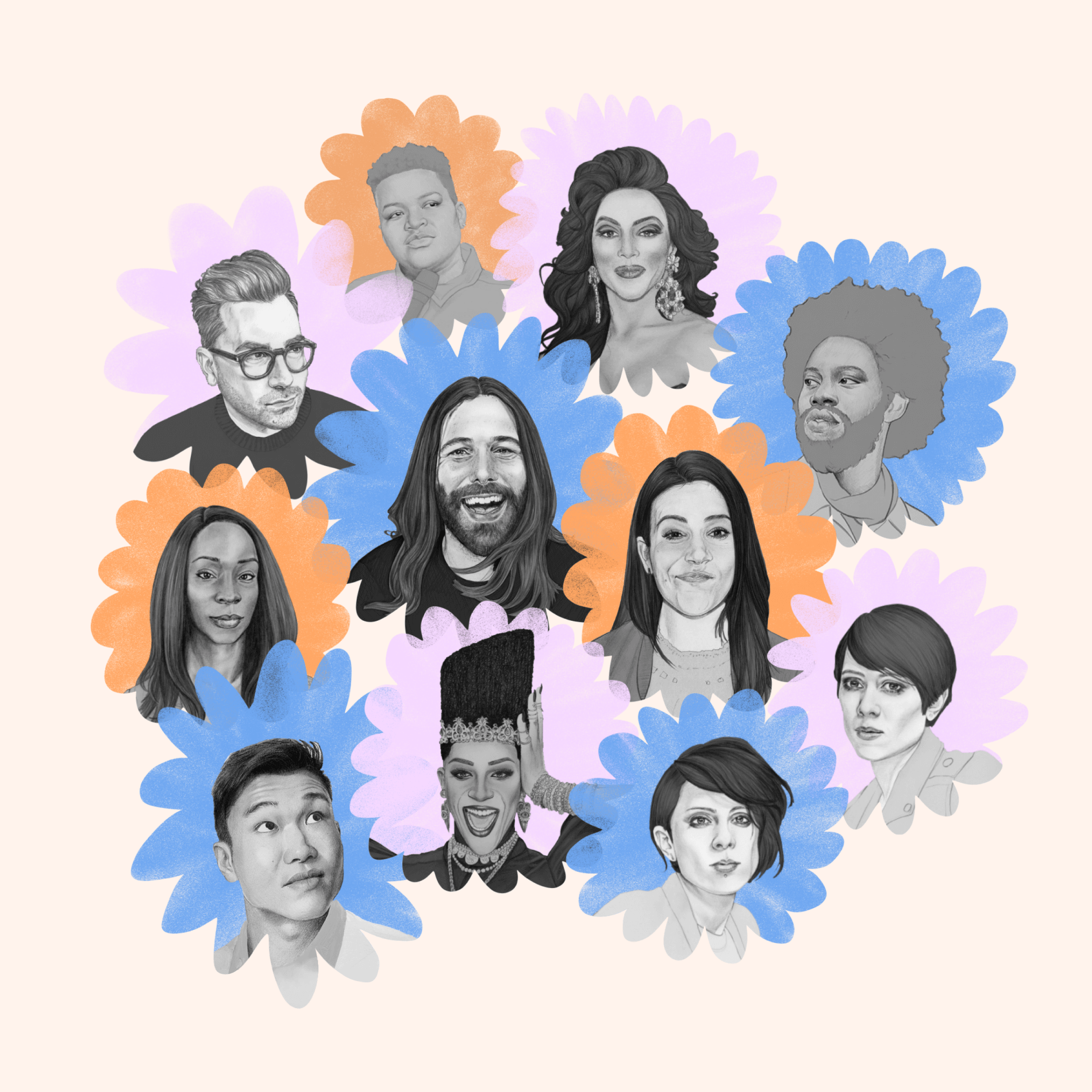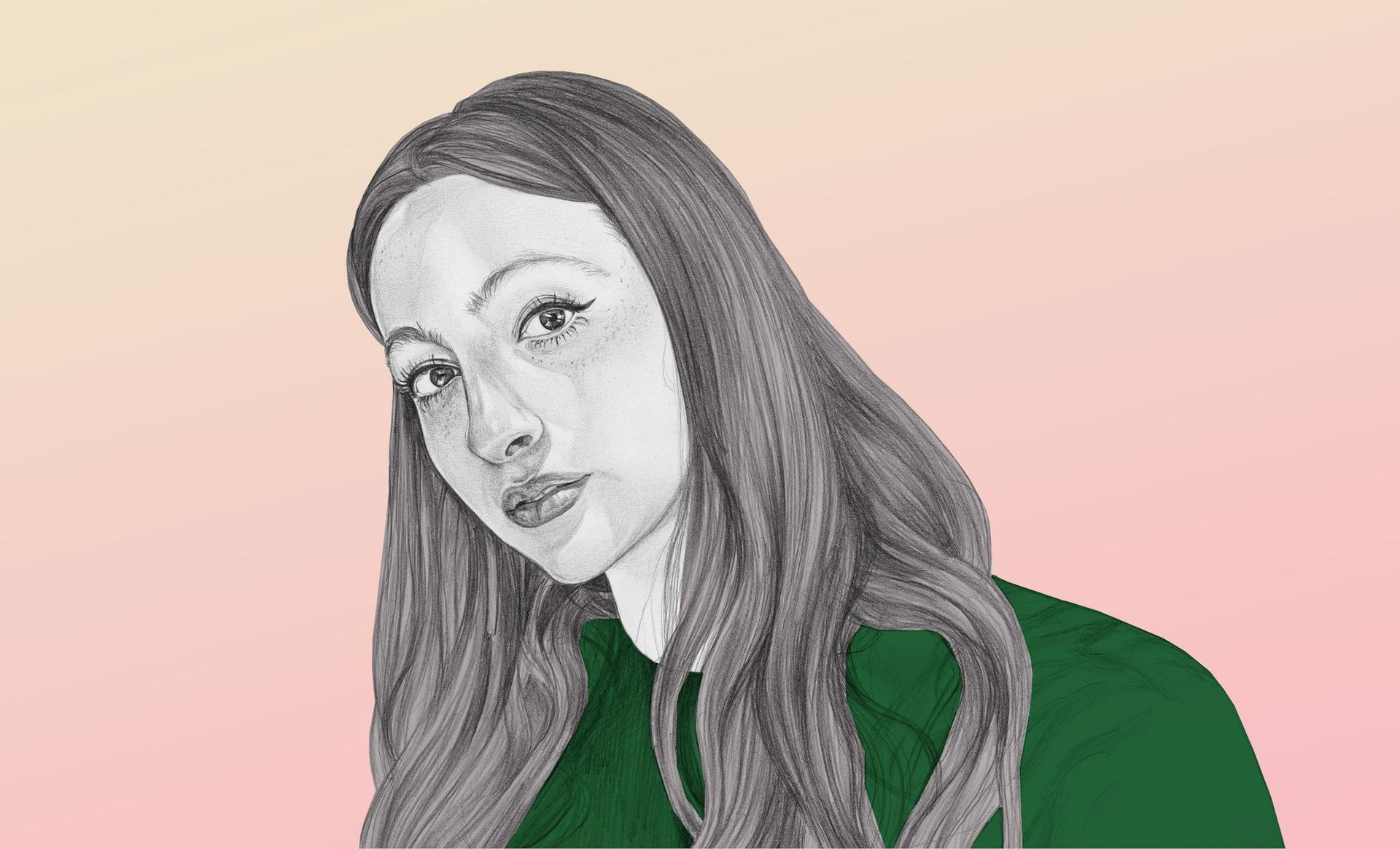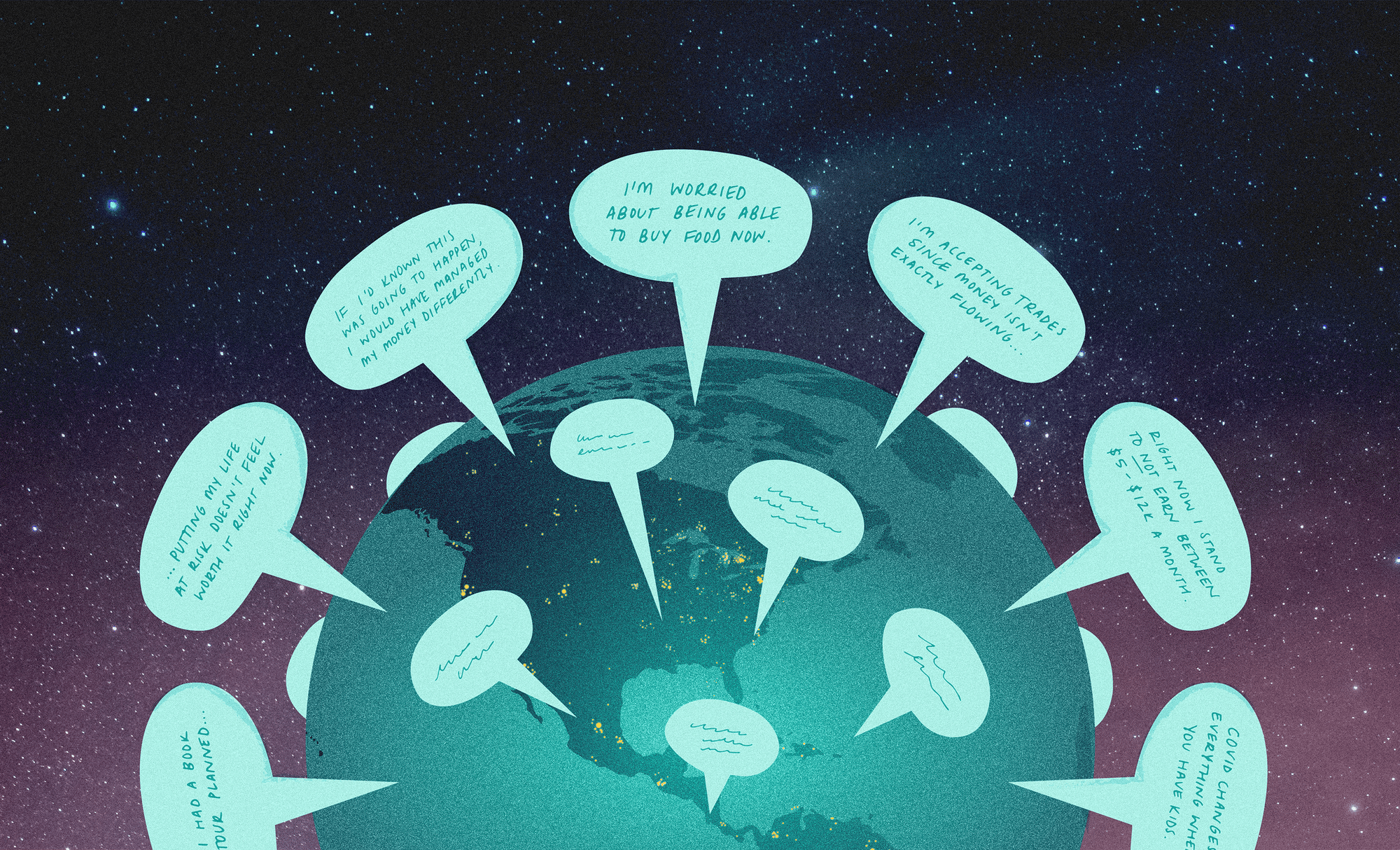
Money Diaries
Pandemic Money Diaries — Panic at Trader Joe’s Edition
Our virus-era Money Diaries series tells stories of humans whose lives, financial and otherwise, have been upended. In our first edition: a grocery clerk, a weed dealer, the author Jon Mooallem, a restaurant manager, and a male escort.
Wealthsimple makes powerful financial tools to help you grow and manage your money. Learn more
A Trader Joe’s clerk
Interviewed March 25: About a block and a half from the Trader Joe’s I work at is a Bank of America. Since the first day of panic buying on March 13th, it’s been single file from the bank to our entrance. And when people get into the store they immediately get in a line to pick out their items. They then have to get in another line to begin the checkout process. Some people get mad but they have to understand people are buying 30-50 items. That takes five minutes. We only have 32 registers plus we are now required to wash our hands every five minutes. That makes it impossible to check out more than 10 or so customers an hour. It’s been like that non-stop. Everyone is scared. The employees are scared, the customers are scared — it’s chaos.
That first day, March 13, we almost immediately ran out of product. We were out of pasta and rice within an hour. I’ve never seen that before.
I’ve worked at this Trader Joe’s for a year — it was my one year anniversary last week as a matter of fact. This isn’t what I want to do for my career but it’s just something to have money in my pocket. They pay me around $17 an hour, which is decent. I did four years of college but I didn’t get a degree and I owed money and so I was like, what can I do? Trader Joe’s seemed like a perfect place. There’s healthcare offered, which is nice, but that’s the only real benefit. They offer something called AR, which is paid leave if you want to take vacation time and still want to get paid, but I’ve been there a year and I have something like $500 in there. It’s not something a lot of us use. We’re here at the store because we need to be here at the store. So not a lot of us are taking vacations and shit.
I work five days a week. How it works is management moves us around every hour. So, for example, recently I was on register for one hour and then I was on product — which is going into the back and putting stuff up on the floor — then I was RA, which is a register’s assistant. They’re pretty good about giving us a schedule where we’re not going crazy just doing one thing. You can either take an early lunch, which would be after three hours, or you can take a late lunch, which is after four hours. Usually I take a late lunch because if you take a late lunch you only have three more hours left after that. That was before the virus. Now, though, it’s almost like you feel guilty taking lunch because you know how bad it is on the floor. You need your time to decompress but the longer you take the longer somebody else is struggling. It’s awful.
In the store now it’s impossible to know who’s carrying the virus. To be fair, most of the customers have been doing a decent job of being clean but putting my life at risk doesn’t feel worth it right now. We’re understaffed so everyone is constantly running around. That’s how you make a mistake. That’s how you get sick.
The reassurance we’re getting from upper management is stuff I don’t need to hear. They say things like, ‘Good job coming into work, we know times are crazy right now.’ It’s nothing but vague encouragement and all this kumbaya shit. I want hazard pay. If I’m legitimately sick, I can still be paid. I’m putting myself at risk so people can buy their groceries, but if I get sick I’m out of luck? That’s not fair. I have coworkers who have now taken a leave of absence. My boy was just like, ‘Yo, bro, I can’t do this anymore, I legitimately don’t feel OK when I step in here. I feel super anxious.’ One of my other friends, her family is a little older and her dad has a heart problem and they basically told her straight up that they don’t feel comfortable with her working. She had to leave and she can’t get paid, unless she has AR, which if she does can last her for a week. This shit’s not going to end in a week.
Trader Joe’s Instagram recently sent out a call for temporary hires at our store. If you need that job, I get it, but if possible I would encourage you to stay the fuck home. It’s at the point right now where I double up my gloves. It’s part necessity and part paranoia, too. It’s just not a cool environment to work in anymore. You’re in your head 24-7. You’re constantly worrying that you’re doing the wrong thing, getting yourself or somebody else sick.
I’m kind of surprised that the store is still open. I get it, we are an essential place and people rely on us to be open, but it’s legitimately dangerous out here.
– Will Schube
Jon Mooallem, author of "This is Chance!"
Interviewed March 26: Do you mind if we talk while I'm in my kitchen with my daughter making macaroni and cheese? I spent a good deal of the morning with my six-year-old calculating the ages of the cast members of the original Charlie and the Chocolate Factory movie. That was the math lesson she wanted to do today. I live on Bainbridge Island, which is this island kind of next to Seattle. Seattle's obviously getting hit pretty hard but our county has not been so bad. But who knows?
There's an impulse in people to help, to be level headed, to be altruistic, to be cooperative. This idea that society falls apart the minute there's an emergency or a crisis is a myth.
It's been two days [since my book was released.] It's called This Is Chance! The Shaking of an All-American City, A Voice That Held It Together. It’s about the most powerful earthquake in American history that struck Alaska on Good Friday, 1964. The book tells the story of those first three days in Anchorage, when life was completely disrupted, and reality as everyone knew it had experienced this great upheaval. I don’t really care whatever the [sales] numbers are right now. But at the same time it does seem like there's some real interest in the media about the book that may or may not have been quite at this level if all this wasn't happening. Honestly, I think I'm in maybe a weirder place than some other authors with books coming out because this situation also does seem to make it more relevant.
The book is the story of how a community responded to a specific disaster but it’s also about a new field of sociology that looks at that question of how people respond to disasters in general. About 26 hours after the quake, sociologists arrived in Alaska to study the response. They were part of what’s called the Disaster Research Center, funded by the military as a way to research what nuclear war might be like using natural disasters as proxies. So they interviewed more than 400 people in Alaska over the next 18 months, many of them within days of the quake. These are 40- and 50-page interview transcripts, where they basically are saying to people, "Tell me everything that happened once the ground started shaking."

Sign up for our weekly non-boring newsletter about money, markets, and more.
By providing your email, you are consenting to receive communications from Wealthsimple Media Inc. Visit our Privacy Policy for more info, or contact us at privacy@wealthsimple.com or 80 Spadina Ave., Toronto, ON.
And there’s this truth, the sociologists documented again and again, that there's an impulse in people to help, to be level headed, to be altruistic, to be cooperative. This idea that society falls apart the minute there's an emergency or a crisis is a myth.
There's this phenomenon of emergent groups or organizations. People in Anchorage were banding together on an ad hoc basis to solve a particular problem — to dig people out of rubble or get this piece of concrete off a car so they can get the driver out, or search this landslide for bodies. I think you're seeing a lot of that now. I know in my own community there're people who are sewing masks and that's happening all over the place. But all these examples of people self-organizing, not waiting for any instruction or plan, just leaping into action in order to fill a niche that they see that's vacant, that's definitely happening right now. And you see it happening in the book even before the sociologists arrive and give it a name. But what about the people who hoarded sanitizer? Don't get me wrong, some people do awful things on normal days, and they do awful things on very abnormal days, too. But I think as a society, in large part, we assume the worst is going to happen when, in reality, those tend to be the exceptions.
I had always thought of it as a timely story because of climate change. A major theme of the book is that we think our lives and the reality that surrounds us is stable and is going to be this way forever, but we're confronted by moments when all of that structure kind of falls apart, and suddenly things that we couldn't have even imagined become true. I related that to climate change. I did a story for the New York Times Magazine about the Camp Fire in Paradise [California] last year, and it's that same sensation — understanding that more of our lives are provisional than we assume. So it wasn't that I didn't think it had any resonances with America in year 2020, but, obviously, I didn't see this coming, and I think it just puts a fine, horrible point on how related it is. It took me a minute to get over my own tendencies for self-effacement, to recognize that what people are telling me is true, that this story really does seem to have something valuable to offer people right now. And I've gotten a lot of texts, and calls, and emails from people who've read early copies saying, "I'm thinking about it every day. It's helping me, somehow, absorb what's happening."
How did this affect plans for the book? It completely obliterated all of our plans. A lot of thought was put into a book tour. You can go on my website — I actually left up all the events and said they're cancelled, because I wanted to able to preserve what might have been. I've been writing for the New York Times Magazine since 2006. I'm turning 42 this summer. I have a wife and two daughters, 11 and 6. I’m not an employee, so I don't get paid unless I deliver stuff. My wife’s a psychologist and she's also self-employed, in private practice. So, am I concerned about [money]? Yeah. In the long term, I am. I'm not too concerned about it in the near term because of the way book payments work. I don't know if the fact that all these events are cancelled is a death knell for the book. I don't think so.
Is there hubris in saying, "My book can help?" Because it can, but only a tiny bit. So I am hesitant to say that. But it's also not like I'm selling some cockamamie wonder drug that is going to cure coronavirus. I'm just selling a book that is, I think, good company right now. But I mean, don't get me wrong, I would absolutely love to sell a bunch of books!
As told to Andrew Goldman.
Tyler the Bad Wolf, a male escort in Toronto
Interviewed March 20: I’ve been a professional male escort for about a decade. I started doing what I do in undergrad, though I spent the better part of my teen years being fascinated with every penis I could get my hands on and got myself into a lot of trouble along the way. I was a bad kid who sort of grew up into a better adult. I’m fascinated with sex and sexuality and the power and the honesty that it simultaneously allows for and requires.
Initially I worked with an agency in New York City but I realized pretty quickly that I was capable of doing it better on my own and preferred to make my own rules about when, where, what. I designed my first website as a school project while I was at the School of Visual Arts in New York.
I'm not seeing anyone in person right now. It makes me really sad because I draw a tremendous amount of joy and energy from my work and from my connections. And I genuinely have no idea when I'm going to feel safe returning to it.
I work really hard not to discuss any intimate details or even make suggestions about where I go or who I see. I will say I'm kind of a unicorn when it comes to negative stuff. My experience in sex work has been 99% positive, with the less positive stuff being related to poor choices on my own part – not trusting my gut, booking stuff when I didn't feel 100%, or not being direct enough with folks when I needed to end a relationship. I'm exceptionally grateful and I try to really recognize the privilege from which I approach my work.
[Because of the pandemic], I'm not seeing anyone in person right now. It makes me really sad because I draw a tremendous amount of joy and energy from my work and from my connections. Realizing I won't have that makes my days and weeks feel longer. And I genuinely have no idea when I'm going to feel safe returning to it. Right now I stand to not earn between $5,000 and $12,000 a month from not being able to see clients. I'm working to make up the deficit with inclusive cam shows (I'm trying to facilitate a group environment where folks talk with me and talk with each other, rather than putting on a "SHOW!"). It's been really gratifying but not a full replacement.
I'm a bit of a lone wolf. I don't have a partner or child or any kind of extended family I'm looking out for financially. I do have some savings. And I supplement sex work with consulting for adult and “vanilla” lifestyle brands. Because I already work from home and live in a city with solid public transport, I'm not facing business or commuting expenses the way some might be. I do have healthcare that I pay for — I'm not a Canadian citizen with access to provincial healthcare or insurance. My NYC-based therapist doesn't take insurance so that is all entirely out of pocket, too. I'm blessed not to have any chronic stuff to deal with but recently getting my Truvada script filled has been a challenge and I've needed to pay out of pocket for lab work and retail prescription costs here in Toronto. But if I'm spending like I'm spending now, I can be fine for 6 to 8 months without regular income.
As for Covid-19 re-upping the stigma around sex work . . . that feels like another unknowable. While the work may go on – it always will – major structures around promotion and visibility will change. And the most privileged folks will be able to adapt to new scenarios, while less privileged folks will struggle more and continue to be marginalized.
– July Westhale
A general manager at the celebrated restaurant Mission Chinese in Lower Manhattan
Interviewed March 16: I’m a manager at Mission Chinese on salary. For a week it has been a lot of different information and ups and downs. I expected to keep working, but I wasn’t sure in what capacity. Today is my day off, and I got on a group phone call with all of my management team and they basically let all of us go. Understandably. If a restaurant is not pulling in any sort of financial gain they can’t pay a bunch of people’s salaries. But . . . I kinda didn’t think that would happen.
Two weeks ago we had a huge meeting with our investors and our management team about what to expect if this goes really haywire. How do you adapt to a situation in which you have no idea how it’s going to unfold was basically the big theme. Are we going to get purveyors? Are employees not going to show up? But it turned out our big problem was customers not showing up. I work in Chinatown so obviously the inherent racism means a lot of people aren’t going to come to your restaurant. My capacity is 200 people; we had to reduce it down to 100. But even then, it was the cancellations, that panic. It all kind of unfolded so fast but so slow at the same time. I was at work on Saturday and we were kind of busy. I had no idea that would be my last shift.
I’ve basically been laid off. Health benefits TBD. I’m waiting to hear back about that right now. And severance: no. I was told to apply for unemployment. The unemployment website has crashed. I’ve been trying since noon my time on the web. You get so far and then it takes you right back to the beginning because it keeps crashing. Basically every restaurant worker was laid off today so it’s inundated. I’ve been in this industry for 12 years. These are my friends. We’re all fucked.
I feel frustrated mostly. I also feel an overwhelming sadness for my employees. I’m friends with a lot of the people. And I love the restaurant. I’m still doing last week’s payroll and I’m not being paid this week, you know? I feel really bad for the owners who are having to make these intense calls. Some restaurants are doing delivery but that’s just helpful for the owners, not for the actual workers. And I think it was a brilliant call from my management to be like: “We’re not even gonna do it because it’s not benefiting anybody except for the actual restaurant.”No one is to blame, it’s an unfortunate situation we’re all in.
I'm concerned about my financial wellbeing insofar as being able to buy food. I basically pay a quarter of what I make for rent but then maybe half for my bills. I know for industry workers there’s SNAP, which, depending on your income, can help you pay for stuff. Everything is so uncertain, as it has been the past two weeks. So it’s really hard to make any decision. I am a healthy early-thirties person. I’m fine. But my fear is exposing someone else to [the virus]. A week ago there was one confirmed case in New York. Now we all could be exposed. I guess it’s like: bunker down. I think stuff got a lot more serious and we didn’t realize.
"Dad Jokes," whose weed cookies have become a cult phenomenon in Toronto
Interviewed March 22: Weed cookies came about pretty naturally for me. After working for a few restaurants in Toronto and NYC, I began freelancing as a food stylist and recipe developer for various TV shows and magazines. At some point along the line, I was asked to make the perfect chocolate chip cookie. And as I continued to develop recipes, I realized that the perfect cookie has THC in it.
That’s more or less how Dad Jokes started — making weed cookies for fun and giving them away to friends. Then my friends would share them with their friends. Soon I started getting calls asking, “How can we get more?” That was March 2018, two years ago exactly. At first, most of the people calling were dads who needed a break from their kids. I basically felt like a soccer mom: men would come out to my SUV and I would be like, “You have to try the peanut butter this week.” And they would sit in my car and eat the cookie and be like, “Yo, this is sick.” Looking back it’s like, the face of drug dealing has changed.
More than one person has been like, “Bless you, you’re doing God’s work,” and I’m just like, “Dude, I’m making weed cookies, settle down over there.”
It was all just friends and acquaintances at this point. But Dad Jokes, as I started calling it, continued to grow. It turned out there was a real market for something less intense than gummy bears that have 30-40 milligrams of THC apiece. Because with Dad Jokes, the whole idea was you can eat an entire cookie without fear of going to an uncomfortable place. 10 milligrams is kind of perfect. Like a big glass of wine at the end of a hard day.
At some point I started an Instagram account. People started to DM me to ask where and how they could find the cookies. Then, about a year ago, my friend who has a store let me host a pop-up. I think I sold 150 cookies in an hour. Two weeks later, we did another one and there was a line out the door. People had heard about the cookies from the Instagram stories, I guess. That time I sold over 200 cookies in an hour. I sell three for $25, so that was a good hour. By the beginning of the year, I was selling to seven retail stores, three fitness studios, and a co-working space. Before corona, wholesale was the bulk of the business, something like 75%. Now all that’s gone. Food styling too: any photo shoot that I was hired to be on has obviously been cancelled.
Needless to say I was expecting a pretty big income drop. So I went back to basics and started to promote the private side in a way I never really had. In the past, my Instagram stories were mostly for promoting retail spots and the brand and whatnot. Now I’m straight-up like, “Private orders available for pickup or delivery!”
Almost immediately, the private orders started to pick up. And it kind of makes sense: everyone’s stranded. People are bored and don’t know what to do. Even I’m like “What the fuck am I going to do today?” So I’m not surprised that people want CBD cookies for their anxiety or THC cookies to get their mind off things. Private sales have been so consistent that I’m basically making up the difference. Pickups and deliveries have more than tripled. Like, it’s early on, but I sold about 250 cookies in the first week. It used to be just a few dozen.
Also I’m very willing to accept trades at a time when money isn’t exactly flowing. Last week, my hairdresser ordered cookies and I was just like “How about I just give them to you and when this blows over I’ll come and get my hair cut?” And she was like, “Done.” People who work in restaurants or bars, coffee shops, anything that has to do with the social world, they’re all out of work and still have to pay rent. So yeah, I’m charging money, but if you’re like “I have this, do you want it?” I’m usually like, “Yeah.” You want to trade me a whole chicken? I’ll take it.
But there are some things I can’t control. Like, in terms of the weed supply chain, before I went into this week, I had enough product to make about a thousand cookies. Once that runs out, I really have no source. And I have no way of knowing if I’m going to get more. So we’ll cross that bridge when we get to it, but for now I’m just like “Fuck it, let’s do it.”
And I stay socially distant. For pickup, I leave a box on my porch. People come, grab their cookies, and put the cash in my mailbox. No one has ever taken the cash out of my mailbox and no one has ever stolen cookies. It’s an honour system and it totally works. There are like six boxes out there right now. It’s the same with deliveries: people leave money for me in their mailbox, and I drop the cookies on their doorstep. There is no interaction between the two of us. And when it’s apartment buildings, we keep six feet away, we put our goods on the ground, take turns grabbing them, and then walk away. It’s amazing how serious people are taking this.
It’s honestly been hilarious. In the last 18 months I’d say I’ve made close to 12,000 cookies. When I drop Dad Jokes off, more than one person has been like, “Bless you, you’re doing God’s work,” and I’m just like, “Dude, I’m making weed cookies, settle down over there.” But I think people are really appreciating the service right now.
– Eli Burnstein. *Names have been changed to protect our subject.
All interviews have been edited and condensed.
Wealthsimple's education team is made up of writers and financial experts dedicated to making the world of finance easy to understand and not-at-all boring to read.
